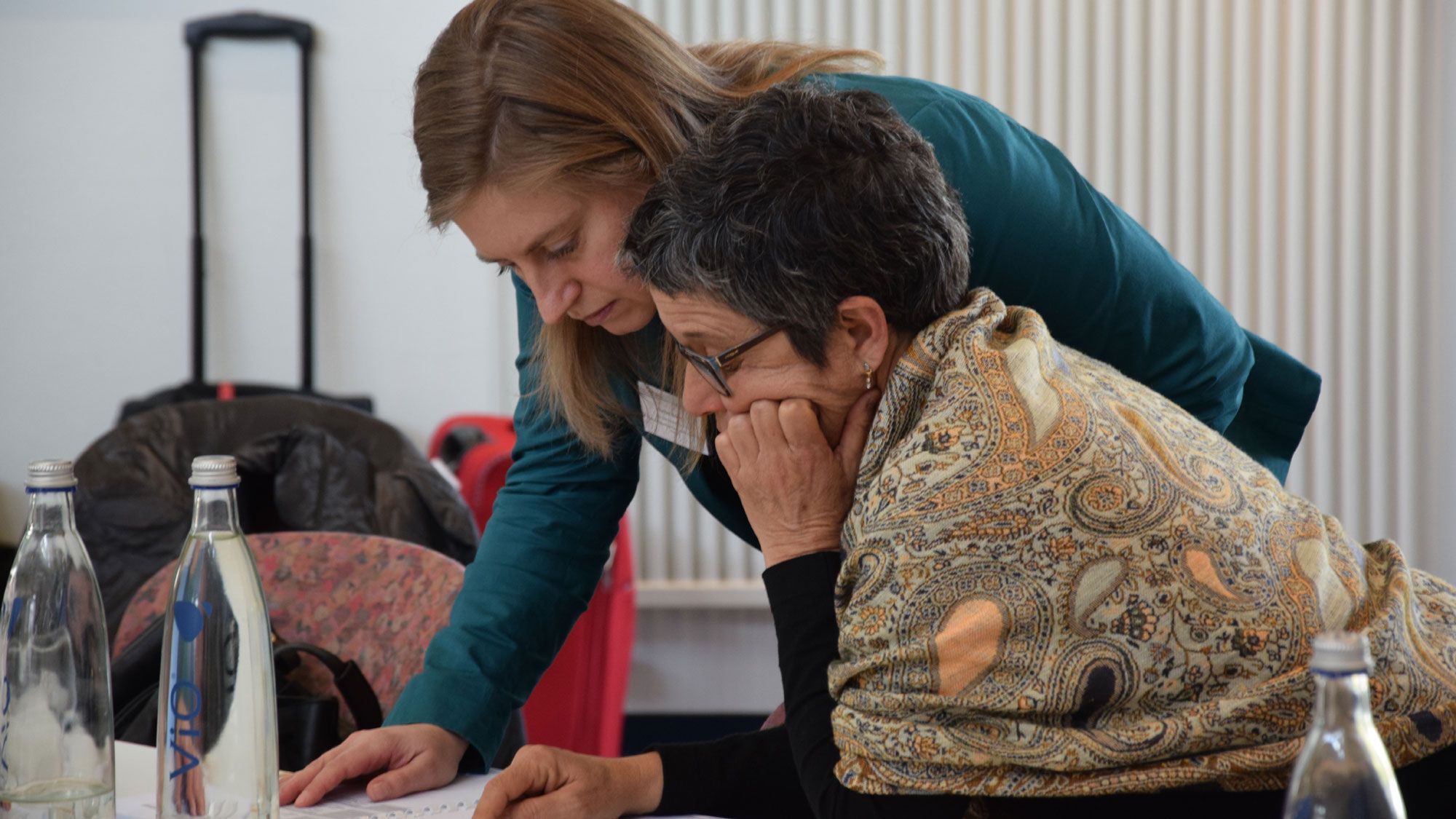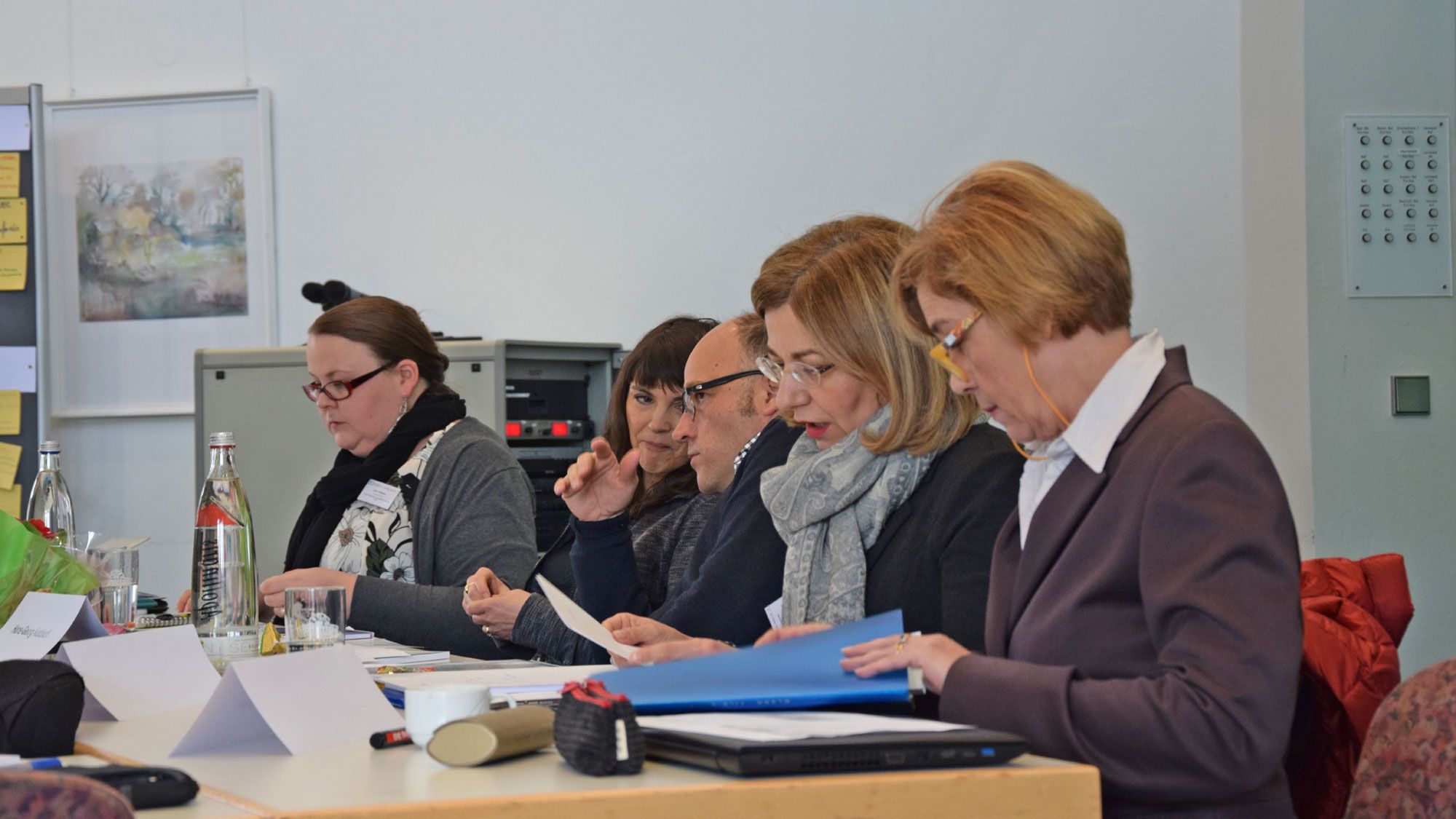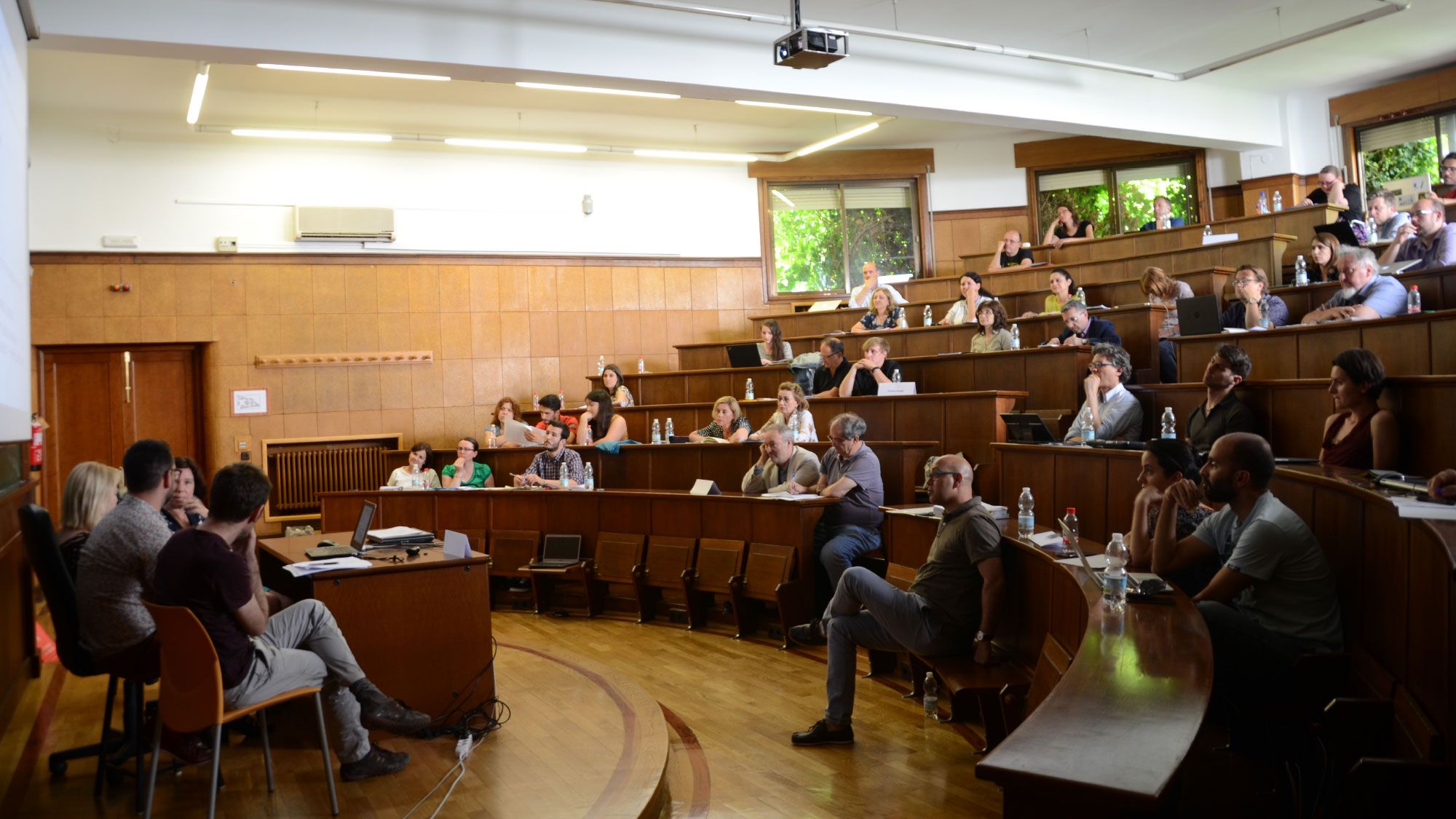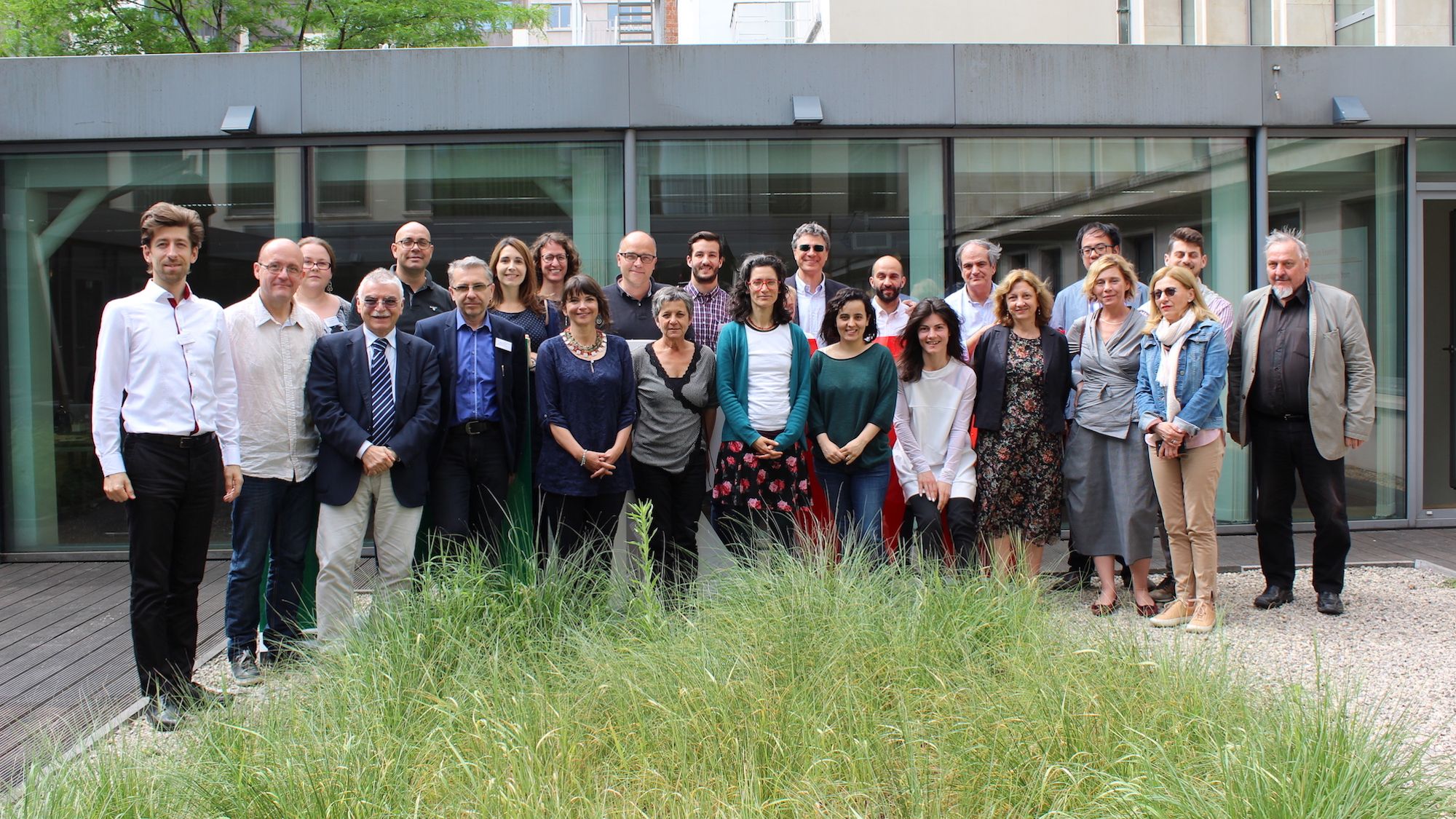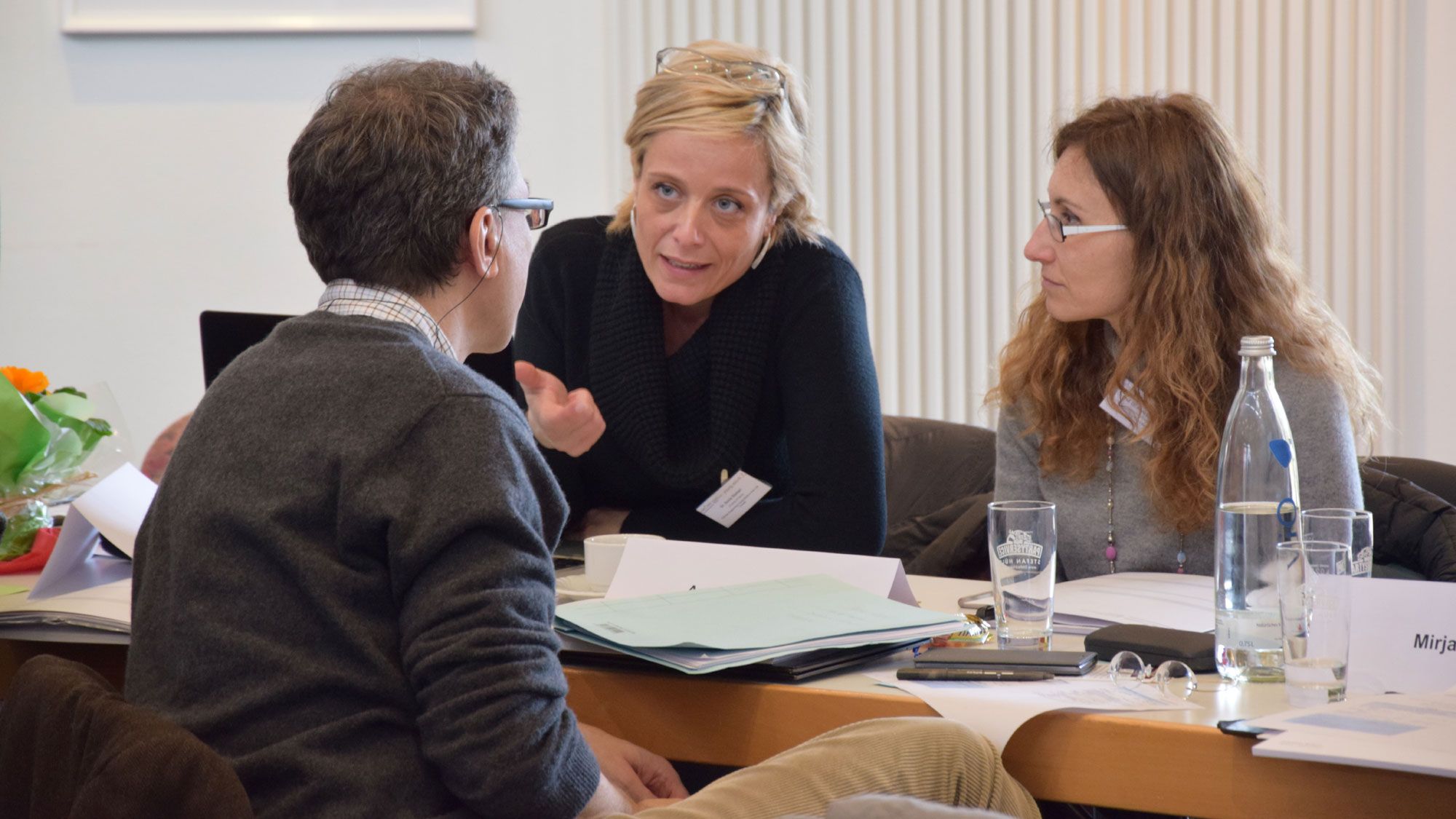Books & Articles
In this section you can find a list of publications addressing the context of LLL policies for young adults in the view of the project' research.
Scandurra, Rosario, Cefalo, Ruggero & Kazepov, Yuri (2020). School to work outcomes during the Great
Recession, is the regional scale relevant for young
people's life chances? Journal of Youth Studies, DOI: 10.1080/13676261.2020.1742299
Abstract
The debate on territorial cohesion and spatial inequality recognises the role and influence different scales have on individuals' opportunities with extended effects especially for young people's life chances. In particular, a regional perspective into territorial disparities of socio-economic conditions and welfare in Europe provides a more fine-grained view on the existence of territorially diverging income and labour market conditions for youth that a national level analysis is not able to grasp. This paper focus on regional differences in school to work outcomes of young people using macro-panel data covering the period from 2005 until 2016.
We use a plurality of indicators to study to what extent school to work transitions are better studied at regional level and to characterise those transitions in a more comprehensive way. Our findings demonstrate that there are huge differences both in the level and in the dispersion of young people's school to work outcomes across European territories. This tells us that the allegedly assumed national homogeneity of transition systems an definitely not be taken for granted. Moreover, we show that the Great Recession had strong but differentiated impacts at regional level.
You can find the article under: https://www.tandfonline.com/doi/full/10.1080/13676261.2020.1742299
Parreira do Amaral, Marcelo, Kovacheva, Siyka & Rambla, Xavier (2020). Lifelong Learning Policies for Young Adults in Europe : Navigating between Knowledge and Economy. Bristol: Policy Press.
Abstract:
Available Open Access under CC-BY-NC licence. This comprehensive collection discusses topical issues essential to both scholarship and policy making in the realm of lifelong learning (LLL) policies and how far they succeed in supporting young people across their life courses, rather than one-sidedly fostering human capital for the economy. Examining specific yet diverse regional and local contexts across Europe, this book uses original research to evaluate differences in scope, approach, orientation, and objectives. It examines the embedding of LLL policies into the regional economy, the labour market, education and training systems and the individual life projects of young people, with a focus on those in situations of near social exclusion.
You can find the book under: http://www.oapen.org/search?identifier=1006666
Rambla, Xavier, Kazepov, Yuri, Jacovkis, Judith, Alexander, Lukas & Parreira do Amaral, Marcelo (2019). Regional lifelong learning policies and the social vulnerability of young adults in Girona and Vienna. International Journal of Lifelong Education, Vol. 38
Abstract:
This article explores the interface between lifelong learning policies and the definition of social vulnerability of young adults in two regions located within the European Union. Girona (Spain) comprises a constellation of small towns with important industry, service and hospitality sectors. Vienna (Austria) is a global city where many key international operators are based and employ a large number of highly qualified professionals. The article explores to what extent the meta-governance and the 'causal narratives' of lifelong learning policies contribute towards shaping the prevailing images of youth vulnerability in these regions. In Girona, bureaucratic governance patterns lifelong learning policies, which strongly rely on the potential of career guidance to encourage the youth to undertake further education. Correspondingly, policy designs and professional discourses emphasise that the beneficiaries previously failed at school. In Vienna, authorities govern lifelong learning by means of both bureaucracy and complex networks of employers and non-profit organisations. The 'causal narrative' of the policies straightforwardly claims that all youth must have an experience with employment, whether in apprenticeships or in transitional workshops that emulate real jobs. There, policies portray beneficiaries according to their capacity to undertake and finish apprenticeships.
You can find the article under: https://www.tandfonline.com/doi/full/10.1080/02601370.2019.1678691
Barroso-Hurtado, Domingo & Chan, Ralph (2019). Why Enrol in a Lifelong Learning Programme? A Comparative Study of
Austrian and Spanish Young Adults. Social Inclusion, Vol. 7 (3): 110–121
You can find the article under: http://uscholar.univie.ac.at/view/o:1022804
Abstract
Lifelong learning (LLL) programmes can be perceived as a means of governing youth transitions. Young adults can use such programmes to try to overcome different constraints in their life course. This article explores the decisions of young adults in Vienna (Austria) and Malaga (Spain) who are participating in different LLL programmes that seek to address their transition from unemployment to employment. In order to understand these decisions, we want to explore: (1) how the young adult's experiences influenced their decision to engage with an LLL programme, (2) what role these programmes played in their biographies and (3) how young adults imagine their future. We use two theoretical lenses to explore these questions: bounded agency and projectivity. A comparative study of these two regions provides insight into how different contextual conditions influence young adults' decisions. We perform three different analyses: of the young people's past trajectories and transitions, of their imagined futures, and of their decision to enrol in the programme. Exploring young people's subjective accounts of their pasts and their imagined futures helps to improve our understanding of the role young people believe these programmes play in their lives, why they have decided to enrol in them, and how they use and interpret these pathways through, and in the framework of, different contextual conditions.
Xavier Rambla (2018). The politics of early school leaving: how do the European Union and the Spanish educational authorities 'frame' the policy and formulate a 'theory of change', Journal of European Integration, 40:1, 83-97.
You can find the article under: https://doi.org/10.1080/07036337.2017.1404053
Abstract:
The article analyses the interaction between the European Commission and a sample of educational authorities in Spain with regard to the policy against early school leaving. Although this member state scores the highest proportion of early school leavers, apparently it is not adopting some key recommendations issued by the Commission. In fact, while educational policy studies regret this 'resistance', studies on EU policies suggest that the EU and the states normally negotiate the ambition and the evaluation of policies in complex ways. In this vein, the article draws on a method of discourse analysis to observe to what extent these educational authorities 'frame' the policy in the same terms and share a similar rationale or 'theory of change'. In brief, the findings point out that the EU, the Government of Spain and two significant regional governments retrieve a similar 'frame' but do not agree regarding the 'theory of change'.
Marcelo Parreira do Amaral & Jozef Zelinka (2019). Lifelong learning policies shaping the life courses of young adults. An interpretative analysis of orientations, objectives and solutions, Comparative Education, https://www.tandfonline.com/doi/full/10.1080/03050068.2019.1619333
Abstract:
In the following article, we share our findings from the comparative analyses of 54 lifelong learning policy measures implemented in nine European countries, with a particular focus on their orientations, objectives, and solutions devised. Informed by the theoretical framework of Interpretive Policy Analysis (IPA), we have further reasoned on the impacts and unintended effects on young adults' life course transitions, especially those in vulnerable positions, as well as on the hidden ambivalences and incompatibilities in the objectives and orientations of lifelong learning policies. The article provides, first, a brief discussion of the conceptual and methodological choices made. Second, it gives an overview of the design and data basis of our research. In the third section, we present and discuss the central findings from our interpretive analyses, and we finally conclude with a discussion on current trends in lifelong learning policymaking and on their impact on young adults' transitions.
Keywords:
Life course transitions; LLL policies; Europe; vulnerability; interpretive policy analysis; cultural political economy; young adults




